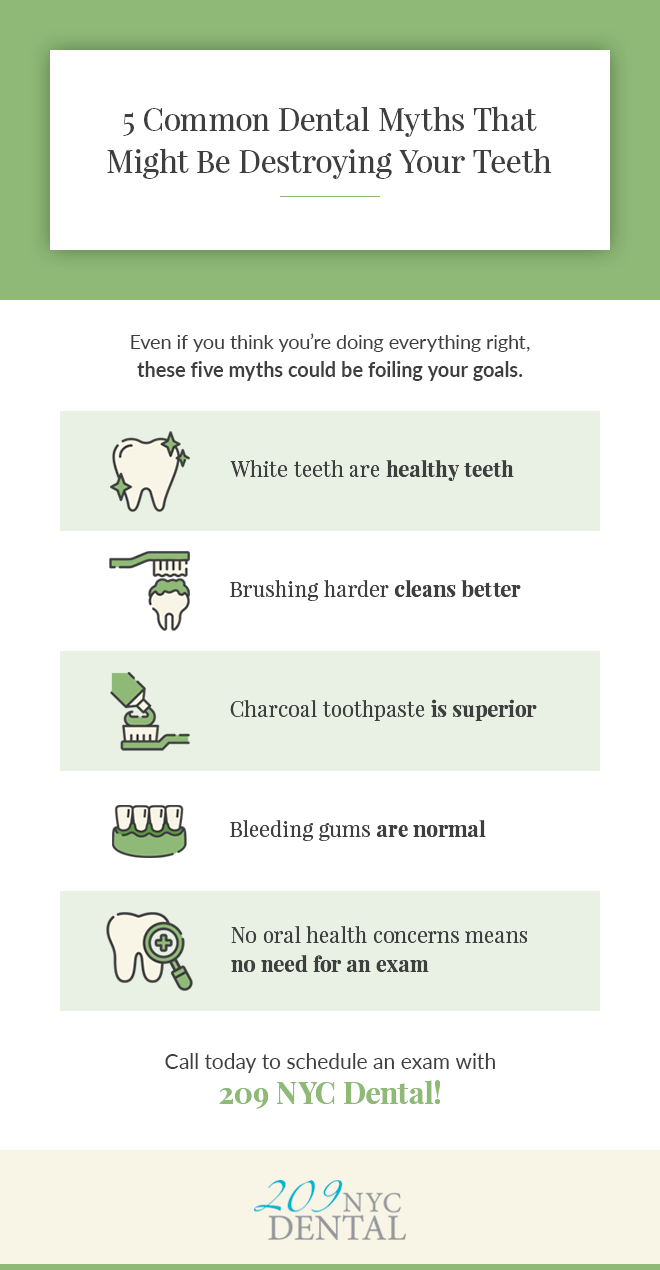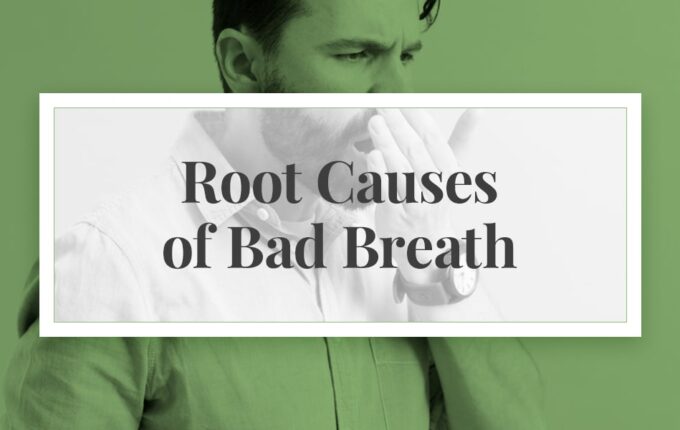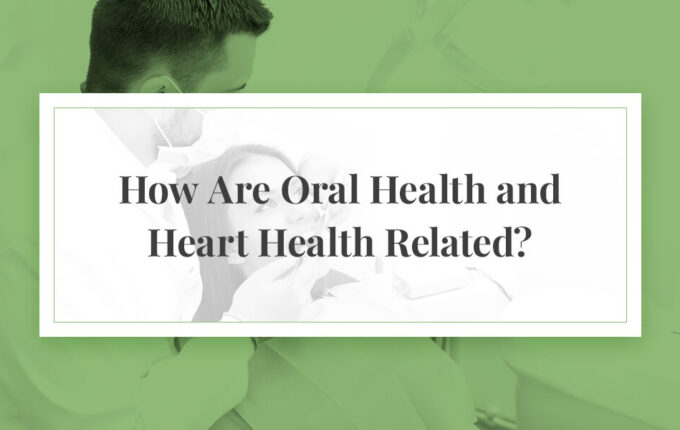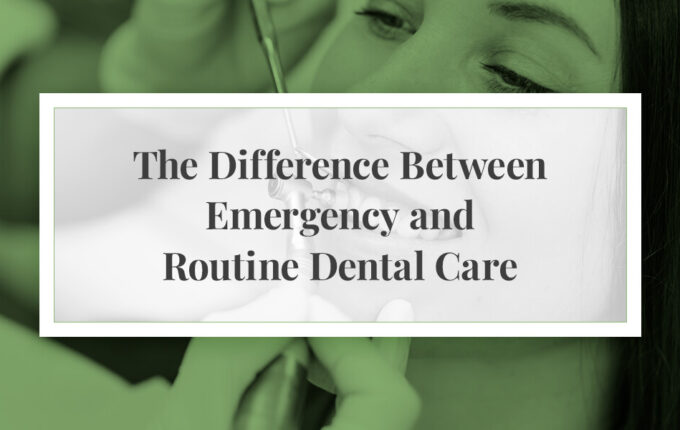11 Common Dental Myths and Misconceptions
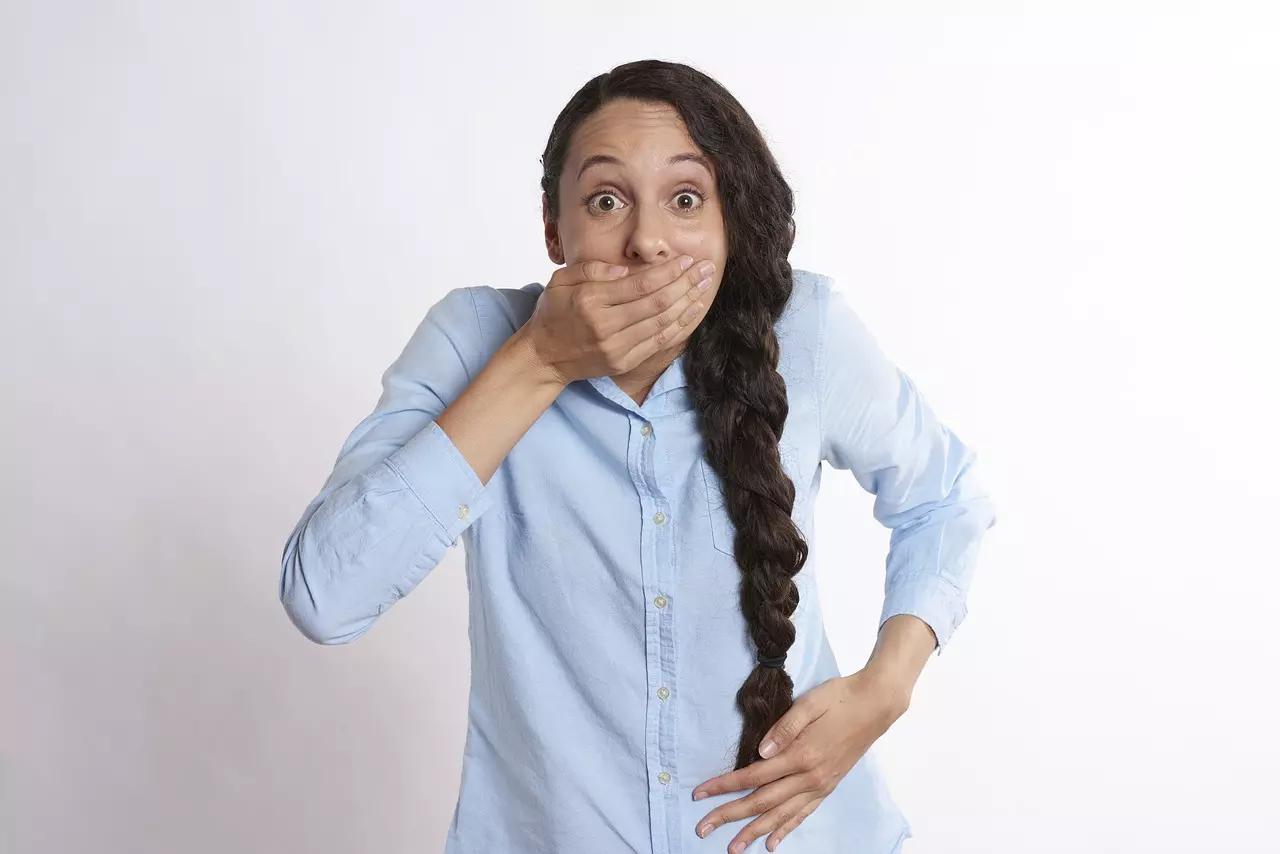
There is a wealth of advice available online regarding tips for proper oral care. Unfortunately, much of it is false or misleading. New developments in healthcare occur every day, and sometimes, the messages get mixed up. Other common dental myths have existed for years, passed down through generations. Set the record straight with dentist facts. Here are the top myths and misconceptions about maintaining good oral health.
11 Dental Myths And Misconceptions
Myth 1: Sugar Causes Cavities
While sugar does contribute to the formation of cavities, it’s not the sugar itself that causes the problem. That’s something many believe is a dental fact. However, it’s not true. Instead, it’s the bacteria that eat the sugar. Sticky foods, such as starches, attract bacteria that thrive on and around teeth. These bacteria produce an acid compound that promotes tooth decay. Rinse and brush after meals to reduce acid and plaque buildup.
Other sugary favorites include sodas and energy drinks. Besides their often high sugar content, these beverages are also acidic, which amplifies the enamel-weakening effect before bacteria have a chance to act. This makes good brushing habits and regular dental checkups vital for fighting the effects of sugary foods and drinks.
Myth 2: Bleeding Gums Are Normal
Bleeding gums during brushing or flossing are often caused by gum inflammation. Gums can become inflamed and begin to bleed due to excessive plaque buildup, the onset of gingivitis, gum disease, or other causes. Thinking this situation is normal means believing a dental myth. You’ll want to contact your dentist for an exam.
A small amount of bleeding may not seem like a cause for concern. However, it’s often an early sign of periodontal disease. If left unchecked, gum inflammation can progress to severe oral health problems, including tooth loss.
Myth 3: Brushing Harder Cleans Better
Another common dental myth is that brushing harder is counterproductive. The harder you brush, the more trauma the tooth enamel and gum tissue endure. It can eventually lead to other problems, such as gum recession.
Instead, use this dental fact: Brush gently for two minutes twice daily with a soft-bristled brush. A proper brushing technique is more effective and less harmful for your teeth than using excessive force.
Myth 4: Flossing Is Not Necessary
Flossing is an integral part of maintaining good oral health. Unfortunately, it’s an oral care fact that one in five Americans never flosses, and only 40% of those who do floss daily. Flossing removes up to 80% of plaque. Plaque deposits promote tooth decay, but you can remove them with a daily flossing regimen.
Myth 5: Chewing Gum Works Like Brushing
Chewing gum is not a replacement for brushing your teeth. That’s a dental myth. Some chewing gums can promote cleaner teeth and better breath, and some dentists even recommend sugar-free varieties as an alternative to candy.
However, while some chewing gums serve as aids to oral health, a dental fact is that they still won’t reach the level of being able to replace brushing your teeth. Sure, some xylitol-based gum can help slightly reduce bacteria and stimulate saliva production (which helps prevent dry mouth). Still, it can’t physically remove food particles and plaque from tooth surfaces.
Schedule Your Consultation Today
Myth 6: White Teeth Are Healthy Teeth
Whiter teeth are not always healthier teeth. That’s a potentially dangerous dental myth to believe. Teeth begin white, and over time, they can become discolored through staining or damage. Whitening teeth may leave the underlying cause of discoloration unaddressed. If your teeth are losing their luster, consult your dentist to determine the cause and learn about the importance of dental hygiene.
Cosmetic whiteners may mask deeper dental problems, including decay, enamel erosion, or even dead tooth pulp. Don’t let aesthetics mislead you—one of the most critical oral care facts is that the internal health of your teeth is much more important than their color.
Myth 7: Charcoal Toothpaste Is Better
Charcoal toothpaste is marketed for whitening, but in reality, it offers little protection for teeth. Charcoal toothpaste works against teeth by absorbing protective agents meant to keep teeth healthy and strong.
Don’t believe commercials and marketing taglines. While it can offer temporary whitening, charcoal toothpaste is often too abrasive, especially for long-term use.
Myth 8: Kids Don’t Need to Brush Baby Teeth
Poor oral health and believing common dental myths early on as a parent can lead to lifelong complications for your children. Children should start brushing their teeth twice a day as soon as they get their teeth. Tooth decay in children can lead to long-term health concerns even after their baby teeth have fallen out.
Decay in baby teeth can impact how someone’s permanent teeth develop, potentially causing speech delays and infections. Additionally, teaching your children accurate facts about dental hygiene from a young age lays the foundation for lifelong oral health.
Myth 9: Enamel Loss Causes Sensitivity
Tooth sensitivity has many causes. Enamel loss can lead to sensitivity, but so can tooth grinding (bruxism), the use of abrasive toothpaste, and other factors. If you’re experiencing tooth sensitivity, discuss these symptoms with your dentist.
Other potential culprits of tooth sensitivity include:
- Gum recession
- Cavities
- Recent dental work
Myth 10: Gum Disease Is Only a Concern for Your Mouth
The bacteria present in gum disease can spread to other parts of the body, and numerous studies conducted by dentists have linked gum disease to whole-body health concerns. Gum disease may be linked to heart disease, diabetes, and some forms of cancer.
Gum inflammation has also been linked to complications in pregnancy and cognitive decline. This makes managing your oral health a crucial component of overall wellness. Ignoring this connection is one of the most dangerous dental myths.
Myth 11: If You Have No Oral Health Concerns, There’s No Need for an Exam
An exam is the best way to spot trouble before it starts. The longer problems go undetected or untreated, the more difficult they become to treat when you finally begin to notice them. Semi-annual dental exams for adults and kids are the best way to maintain optimal oral health, so even if you don’t see anything amiss, it’s best to schedule routine dental checkups. You can also use these appointments to ask a professional about dental myths and receive facts about dental hygiene.
Schedule an Examination and Learn Oral Care Facts From 209 NYC Dental
Proactive dental care is the best defense against tooth decay, gum disease, and sometimes dangerous dental myths. To speak to a dentist about your oral health or to schedule an examination, book online or call us at 212-355-2290. Let 209 NYC Dental be your partner in achieving and maintaining a healthy smile.
 Our History
Our History
 Our Providers
Our Providers
 About Us
About Us
 Blog
Blog
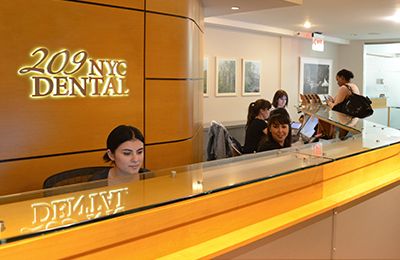 Contact us
Contact us
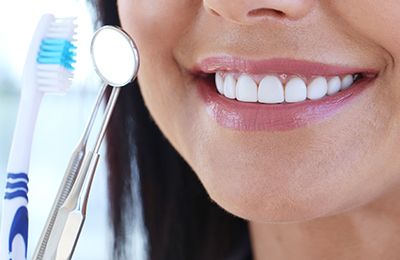 Diagnostic & Preventive
Diagnostic & Preventive
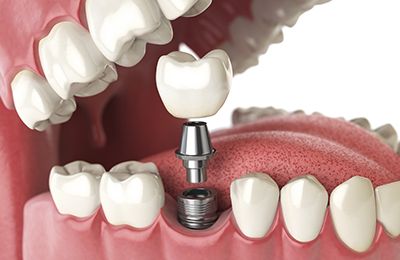 Implant Dentistry
Implant Dentistry
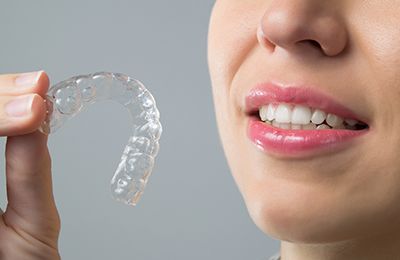 Clear Braces - Invisalign
Clear Braces - Invisalign
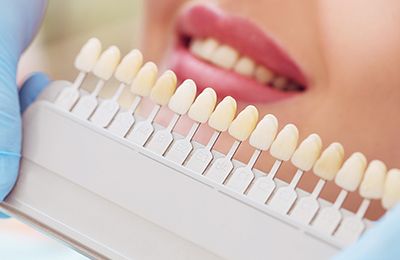 Cosmetic Dentistry
Cosmetic Dentistry
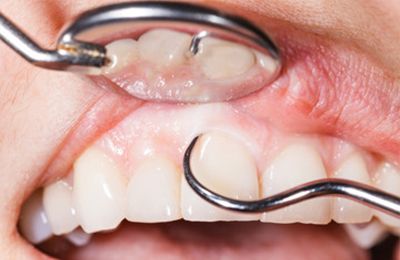 Periodontics
Periodontics
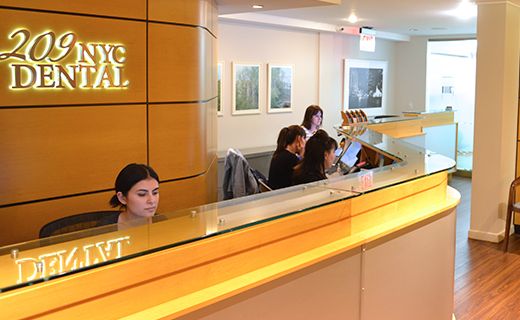 Patient Forms
Patient Forms
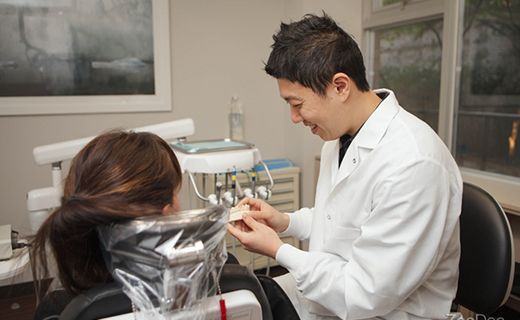 Payment Information
Payment Information
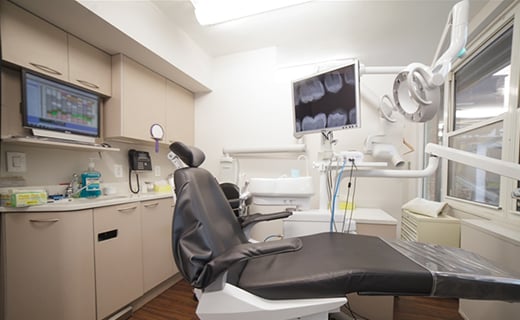 Insurance Options
Insurance Options
 CareCredit Dental
CareCredit Dental
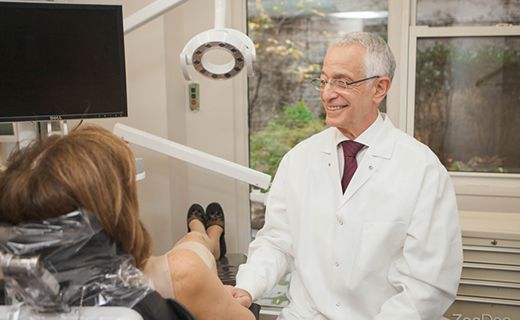 Appointment Policy
Appointment Policy
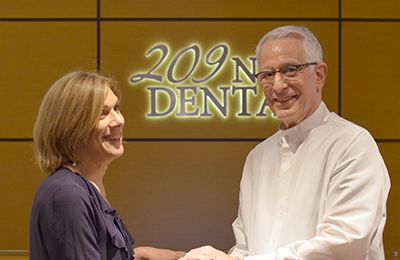 Free Consultation
Free Consultation
 Complimentary Teeth Whitening
Complimentary Teeth Whitening
 Teeth Whitening
Teeth Whitening
